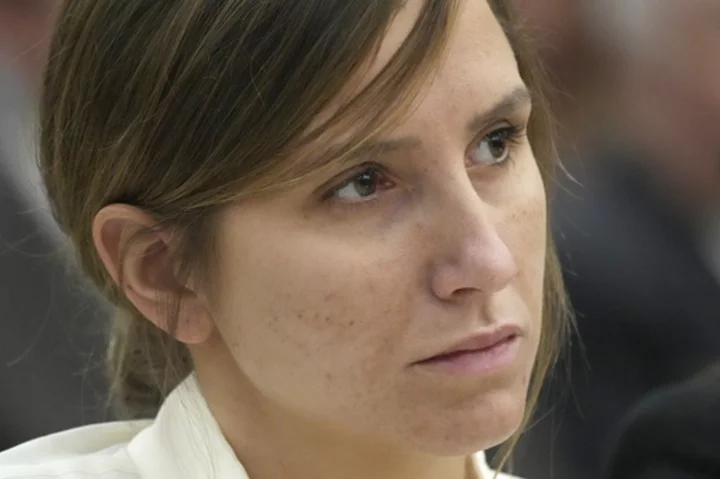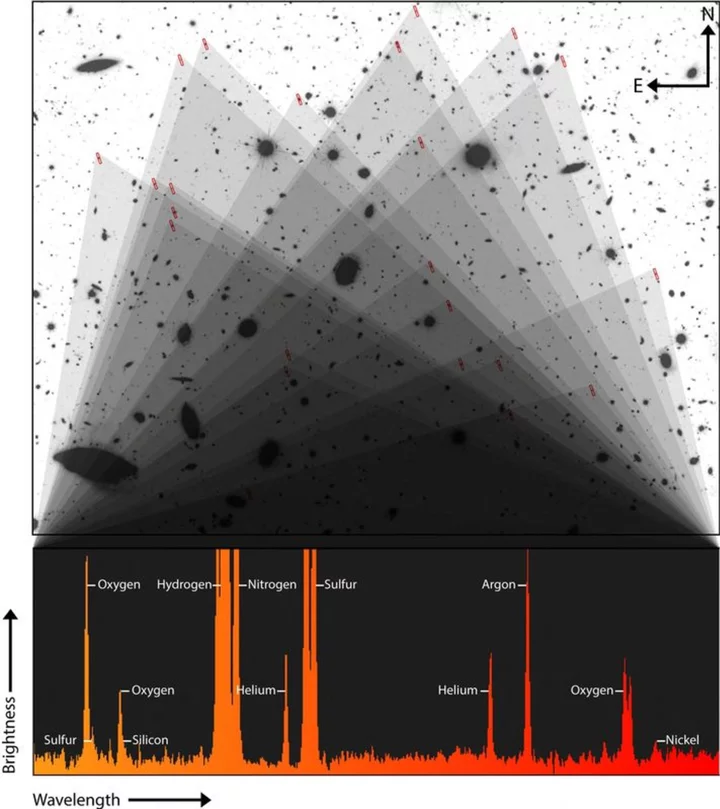SALT LAKE CITY (AP) — A lawsuit against a Utah woman who wrote a children's book about coping with grief after her husband's death and now stands accused of his fatal poisoning was filed Tuesday, seeking over $13 million in damages for alleged financial wrongdoing before and after his death.
The lawsuit was filed against Kouri Richins in state court by Katie Richins, the sister of Kouri Richins' late husband Eric Richins. It accuses the woman of taking money from the husband's bank accounts, diverting money intended to pay his taxes and obtaining a fradulent loan, among other things, before his death in March 2022.
Kouri Richins has been charged with murder in her late husband's death.
“Kouri committed the foregoing acts in calculated, systematic fashion and for no reason other than to actualize a horrific endgame — to conceal her ruinous debt, misappropriate assets for the benefit of her personal businesses, orchestrate Eric’s demise, and profit from his passing,” the lawsuit said.
An email message sent to Kouri Richins’ attorney, Skye Lazaro, was not immediately returned on Wednesday.
Prosecutors say Kouri Richins, 33, poisoned Eric Richins, 39, by slipping five times the lethal dose of fentanyl into a Moscow mule cocktail she made for him.
The mother of three later self-published a children’s book titled “Are You with Me?” about an angel wing-clad deceased father watching over his sons. She promoted it on television and radio, describing the book as a way to help children grieve the loss of a loved one.
The lawsuit also seeks to bar Richins from selling the book and to turn over any money made from it, saying it makes references to events and details from Eric Richins' life and his relationship with his children.
In the criminal case, the defense has argued that prosecutors “simply accepted” the narrative from Eric Richins’ family that his wife had poisoned him “and worked backward in an effort to support it,” spending about 14 months investigating and not finding sufficient evidence to support their theory.Lazaro has said the prosecution’s case based on Richins’ financial motives proved she was “bad at math,” not that she was guilty of murder.









